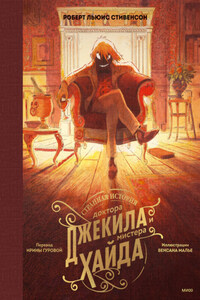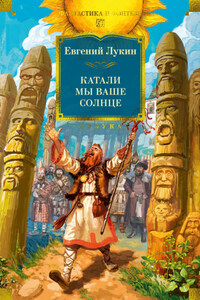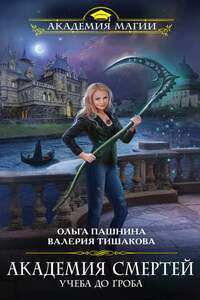Адаптация текста, комментарии и словарь С. А. Матвеева
© Матвеев С.А., адаптация текста, словарь, 2020
© ООО «Издательство АСТ», 2020
Mr. Utterson[1] the lawyer was cold, scanty and embarrassed in discourse; backward in sentiment; lean, long, dusty, dreary, and yet somehow lovable. He was austere with himself; drank gin when he was alone, and though he enjoyed the theatre, had not crossed the doors of one for twenty years. But he had an approved tolerance for other people.
“I let my brother go to the devil in his own way,” he used to say quaintly. And he never marked a shade of change in his demeanour.
Mr. Utterson was undemonstrative. His friends were those of his own blood or those whom he had known the longest. Hence, no doubt, the bond that united him to Mr. Richard Enfield, his distant kinsman, the well-known man about town. People did not know, what these two could see in each other, or what subject they could find in common. It was reported by those who encountered them in their Sunday walks, that they said nothing, looked singularly dull, and would hail with obvious relief the appearance of a friend. But the two men counted these excursions the chief jewel of each week.
One day their way led them down a by-street[2] in a busy quarter of London. The street was small and what is called quiet. The inhabitants were all doing well. Even on Sunday, the street shone out in contrast to its dingy neighbourhood, like a fire in a forest; and with its freshly painted shutters, well-polished brasses, and general cleanliness and gaiety of note, instantly caught and pleased the eye.
Two doors from one corner[3], on the left hand going east, the line was broken by the entry of a court; and just at that point, a certain sinister block of building thrust forward its gable on the street. It was two stories high; showed no window, nothing but a door on the lower story and a discoloured wall on the upper.
Mr. Enfield and the lawyer were on the other side of the street; but when they came abreast of the entry, the former lifted up his cane and pointed.
“Did you ever remark that door?” he asked; and when his companion had replied in the affirmative, “It is connected,” added he, “with a very odd story.”
“Indeed?” said Mr. Utterson, with a slight change of voice, “and what was that?”
“Well,” returned Mr. Enfield: “I was coming home about three o’clock of a black winter morning, and my way lay through a part of town where there was literally nothing to be seen. Street after street, and all the folks asleep—street after street, till at last I got into that state of mind when a man listens and listens and begins to look for a policeman.













